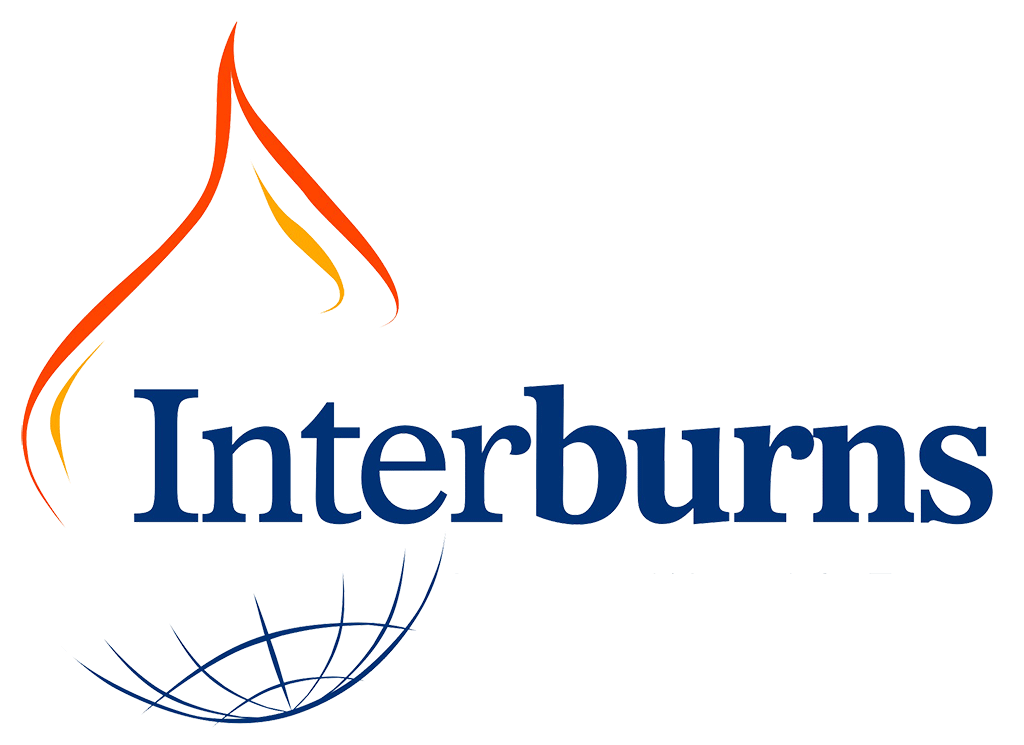ABC Nursing in Bangladesh.
Nurses are the first point of contact for burn patients and their families and they play a crucial role in almost every aspect of a patient’s daily care and recovery. Nurses play a critical role in infection prevention, pain control, wound management and dressing changes, rehabilitation, and in providing support to the patient and their family in a time of great distress.
Unfortunately, despite this crucial role, many nurses in low and middle income countries have little or no training in burn care. Huge numbers of patients and inadequate staffing compound this problem and make it difficult for nurses to provide the care patients require. The many challenges that nurses face also impacts their professional status and morale, impeding teamwork with other staff and directly affecting the standard of care to burn patients.
To address this, Interburns has developed an Advanced Burn Care module in Nursing designed specifically for nurses working in resource-poor environments. The training was developed by a diverse international team including nurses, surgeons, physiotherapists and a nutritionist, from Bangladesh, Ethiopia, France, Ghana, India, Nepal and the UK, all with a wealth of knowledge and experience of working in a range of different health care environments.
The National Institute for Burns and Plastic Surgery at Dhaka Medical College Hospital is a very large burn unit with 100 beds and staff appropriate to that number, but typically it has 400-500 inpatients. With such a huge number of patients and a relatively small number of nurses, this is one of the highest priorities in the most challenging of environments to improve nursing care in burns.
The first ABC Nursing training was held here from the 28th February to the 5th of March 2016. It was run by nurses from around the world and most of the programme was translated in Bengali/Bangla by local faculty. The training was deliberately designed with a high number of practical sessions to ensure local staff could learn effectively.
The five days of training built on the foundation of the Interburns ‘Essential Burn Care’ course, which all participants had previously completed. Topics included anatomy and physiology of the Skin, the pathophysiology of burns, paediatric care, assessment, hand washing and infection prevention, analgesia and pain control, nutrition, as well as key non-clinical topics such as teamwork, simple research, and service improvement.
Local physiotherapists trained in last year’s Advanced Burn Care programme on Rehabilitation also taught practical sessions on the basics of rehabilitation – positioning and mobilising patients properly to prevent disability, scar management and massage, and making and using some simple splints. The nurses worked directly with a variety of patients in the dressing room, wards and classroom. One session focused on burn survivors, with the participants breaking into small groups to talk to survivors about their journey and how they have come to terms with their injuries.
Interburns would like to thank our volunteer faculty for their hard work during the training and developing the programme. We would also like to thank our local partners, the National Institute for Burns and Plastic Surgery, Acid Survivors Foundation and the Bangladeshi Society for Burn Injuries for their help in organising the training, with particular thanks to Dr Saidur Rahman and his colleagues at ASF and Dr Papon at NIBPS.
Interburns would also like to offer our sincere thanks to the UK Department for International Development for funding our ongoing programme in Bangladesh and Nepal.
